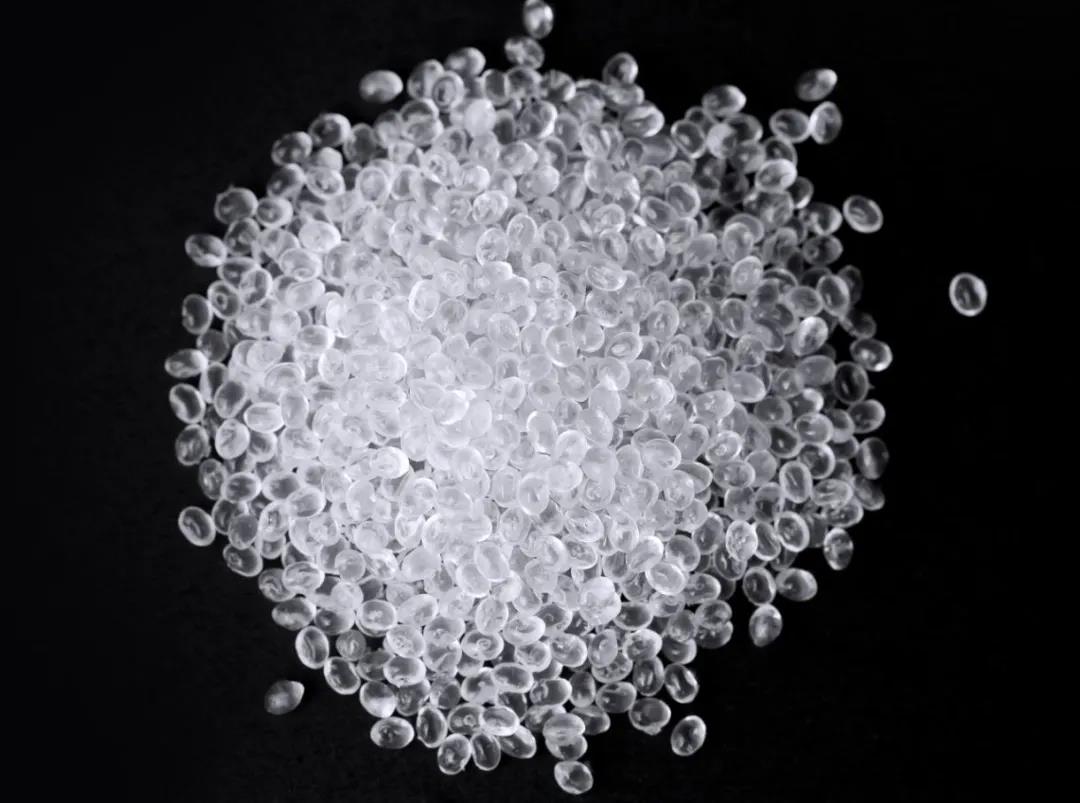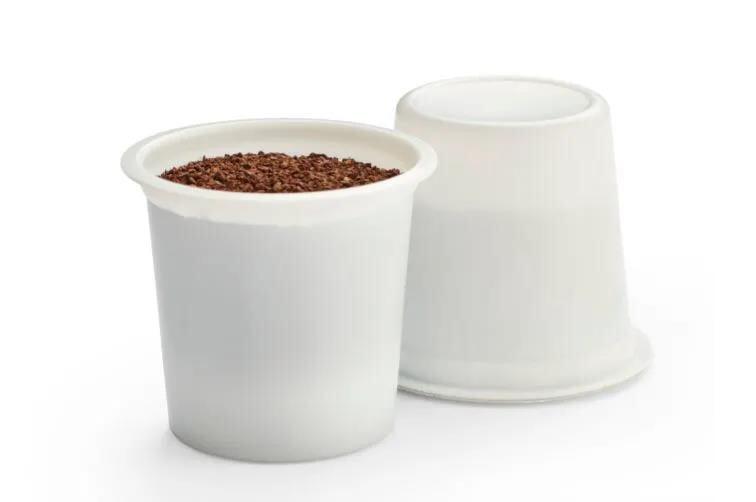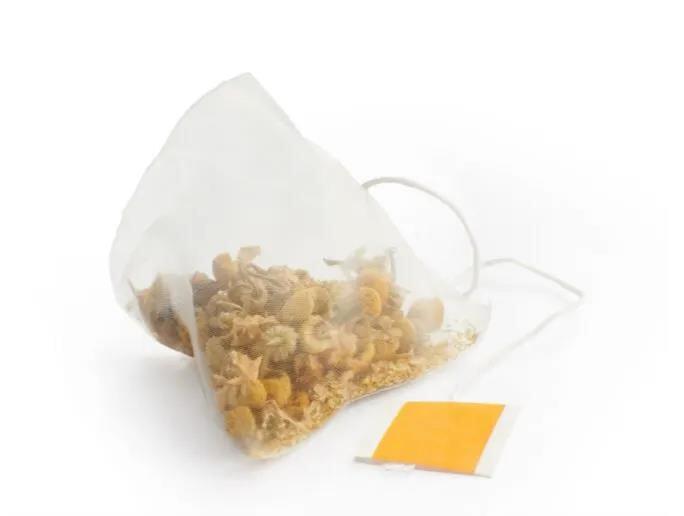Despite unclear legislation on the European Single-Use Plastics Directive, NatureWorks Global Director of Public Affairs Mariagiovanna Vetere says NatureWorks expects the bioplastics market to continue to grow at an "unprecedented rate." With a 60-year lead in optimizing fossil-based plastics for packaging and other applications compared to bioplastics, it says it's an optimistic scenario that the biopolymer development and products industry is evolving so rapidly to match its performance attributes.

At the European Bioplastics Conference, Director Vetere will lead a session on "Bioplastics in Packaging", highlighting the challenges and opportunities for bioplastics in packaging in the coming years.
This article compiles and organizes an interview with Mariagiovanna Vetere, Director of Global Public Affairs at NatureWorks.
01 Bioplastics - GreenScreen Certification Standard
This month, the Environmental Health and Cleaner Production Action Center launched the GreenScreen certification standard for food-accessible utensils, which Director Vetere considers necessary for all materials, including bioplastics.
GreenScreen certified materials and food service supplies are free of per- and polyfluoroalkyl substances (PFAS) and thousands of other chemicals of concern. This certification is especially true for compostable plastics, as compostable items containing PFAS have been banned from composting infrastructure in the United States. In Europe, there is growing concern about the use of these additives. In addition to bisphenols and phthalates, studies have shown how PFAS are widely present in consumer-facing packaging and can cause harm to human health. Last year, a report warned that nearly half of all take-out food packaging tested in major U.S. food chains, including Burger King, McDonald's and Wendy's, contained potentially toxic chemicals.
02 Italy - Compostable and biodegradable plastics exempted
Director Vetere says that while policymakers around the world are addressing the bioplastics sector in a number of ways, there is still a lack of specific focus on bio-based and compostable materials. Policies based on Extended Producer Responsibility (EPR) could be a great opportunity to develop equitable systems, allowing composting infrastructure development and innovative polymers to find their own space for growth. EPR is an environmental policy approach that extends the producer's responsibility for the product life cycle to the post-consumer stage, not just the pre-consumer stage.
Italy, which is committed to compostable plastics (prominent Italian biodegradable companies include Novamont, among others), is a clear example of how policy can be an economic growth factor while improving environmental quality. Policy initiatives willing to promote recycled content in packaging should also take the opportunity to also promote the use of bio-based content in packaging.
In July, environmentalists reported to the European Commission that the Italian government had passed legislation that they believed violated the EU Single-Use Plastics Directive (SUPD). The Italian authorities have exempted compostable and biodegradable plastics from their legal switch, against the advice of the EU, and this has been widely supported by compostable packaging producers such as Tipa .
03 Lack of legislation
The failure of the EU SUPD to distinguish between conventional plastics, bio-based plastics or compostable plastics has indeed become a point of tension for everyone. Last week, Huhtamaki's CEO said that "recycling is more important than compostability" because composting packaging materials arguably takes them out of the closed loop. On the other hand, Dr. Eli Lancry, vice president of technology at Tipa, believes that while recycling can theoretically keep plastics in the circular economy, it doesn't actually do so. Even in the most advanced markets, such as the UK, the level of recycling of flexible packaging hovers around 6%. The rest will be sent to incineration or landfill.
04 Ingeo PLA bio-based polymer
The United Nations Climate Change Conference (COP26) set a 2030 emissions reduction target for countries to achieve net zero emissions by mid-century. The director of Vetere warned that the concept of plastic waste and the circular economy has nothing to do with the issue of climate change, which is a "common misconception". Assuming that reduction and recycling will be sufficient to reduce plastic waste and carbon footprint greatly underestimates the much lower carbon footprint that bio-based, compostable bioplastics can provide. NatureWorks' Ingeo PLA biopolymer is designed to have an "extremely low carbon footprint. Its process uses agriculture to sequester greenhouse gases into sugar. This means that Ingeo PLA biopolymers have an 80 percent smaller carbon footprint than some petrochemical plastics.
In April, NatureWorks entered into a strategic partnership with IMA Coffee to accelerate the North American market for compostable single-serve coffee pods. In August, the PLA manufacturer announced the construction of a second PLA plant in Thailand.

NatureWorks and IMA Coffee Collaborate on Compostable Disposable Coffee Bags
05 Avoiding methane generation
The same Ingeo biopolymers can also be used to make compostable food packaging, such as tea bags or food containers. NatureWorks has seen Unilever's brand PG Tips use Ingeo PLA biopolymer to produce tea bags across the UK, where 42 billion tea bags are produced each year. These fibers can withstand boiling temperatures, which means that the tea bags can be composted, unlike those made from PE. Compostable food packaging and serving items help keep more food waste out of landfills where it generates methane. According to the U.S. Environmental Protection Agency, food decomposition in landfills is the third largest source of human-related methane emissions in the United States.

Instead, compostable teabags or food containers can easily divert more food waste into compost, which helps create nutrient-rich soil amendments that improve biodiversity and the soil's ability to sequester carbon dioxide.

